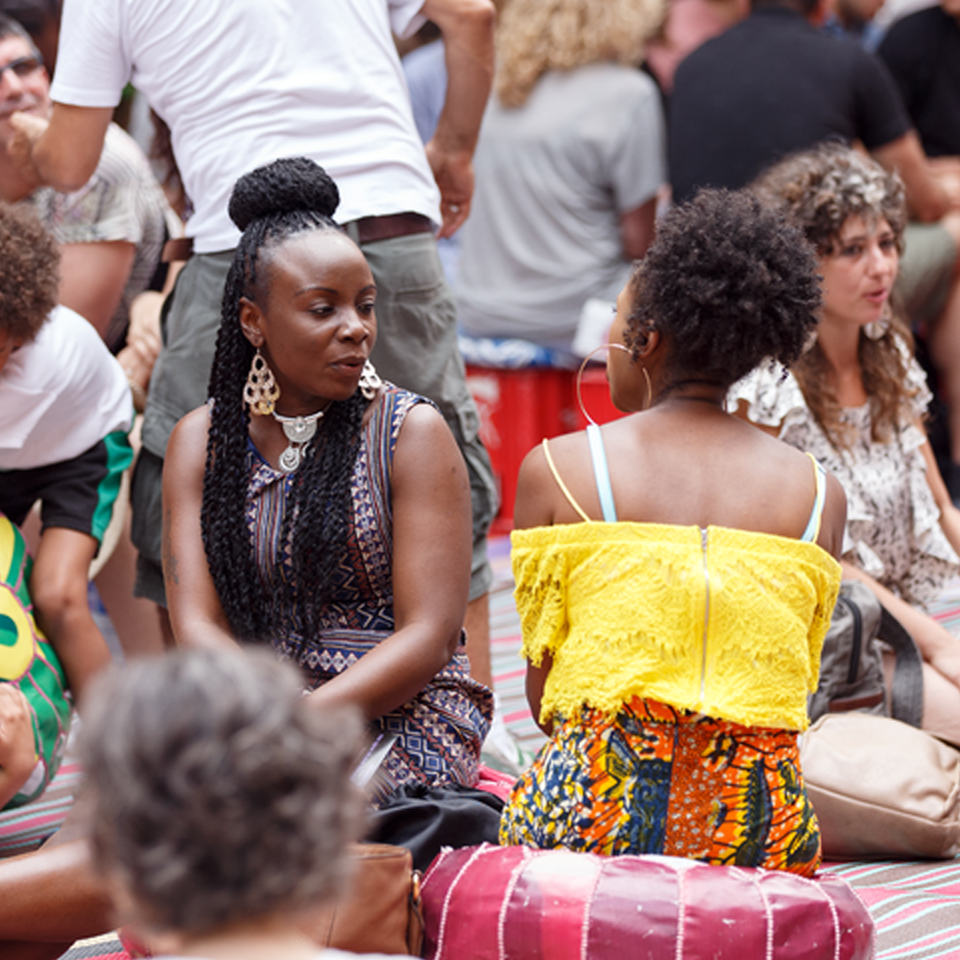[ad_1]
It’s been over 150 years since our ancestors were “freed” from slavery. Well, it’s been 150 years for some of them. On June 19th, we celebrated the 152nd anniversary of “Juneteenth,” or “freedom day.” It was on this day in 1865 that the last enslaved Africans were freed in Galveston, TX. Although President Lincoln enacted the Emancipation Proclamation two years prior, the onus was upon slave owners to both inform and free the enslaved. While accounts differ as to why there was a 2.5-year delay in Galveston, TX, this delay did conveniently fall after the harvest season.
But in the last 150-ish years, how far have we truly come? While our community has accomplished many feats, or “firsts”, as diverse as space travel to assuming the office of the President, there has been relatively little gained for the masses of Black people. This leaves our civil rights organizations and social justice advocates to beckon the same calls as previous generations. To illustrate, we’re taking you through some notable civic and social justice campaigns from the time of emancipation until now. With this knowledge, can we say that we are truly free?
Following the Civil War, African-Americans mobilized to fight against racial discrimination and improve their education, employment, and political opportunities. While Reconstruction policies under President Andrew Johnson “excluded Blacks from southern politics and allowed state legislatures to pass restrictive ‘black codes,’” political and grassroots mobilization by both Blacks and whites alike helped to fuel resistance to these discriminatory practices and mark a new trajectory beginning in 1866.
During the “Radical Reconstruction” period (1866-77), Congress granted African-American men full citizenship – including the right to vote. With the ratification of the 13th Amendment, enforcement of the Emancipation Proclamation (Juneteenth), and action from groups like the Union League, eventually over 250 African-American delegates would be elected – more than 100 of whom had been born into slavery. In all, during the Reconstruction period, 15 African Americans served in the U.S. Congress while well over 600 held state and local offices across the South. Hiram Revels (Mississippi) would become the first African-American elected to the U.S. Senate.
However, this progress didn’t stop (and actually fueled) racial discontent – especially amongst southern Whites. During the first two years of Reconstruction, Equal Rights Leagues were organized to protest discrimination, demand equality and ensure suffrage for all. As the oldest nationwide human rights organization, the National Equal Rights League (NERL) was founded in 1864 to liberate Black people in the United States.
With Frederick Douglass amongst its founding members, the NERL would associate itself with Republican politics (the political group that held ideals similar to today’s Democratic party) in order to actualize full civil rights for Blacks. Through protest, legal action, and advocacy, NERL’s most notable accomplishments include successful lawsuits to end streetcar segregation in 1866, as well as an unsuccessful attempt to integrate the school system in Pennsylvania.
Fast-forward to the Civil Rights Movement of the 1950s and 1960s. During this period, groups like the Southern Christian Leadership Council (SCLC), the Congress of Racial Equality (CORE), the Student Nonviolent Coordinating Committee (SNCC), and the National Association for the Advancement of Colored People (NAACP) continued advocating for full realization of rights owed to Blacks under the Constitution of the United States.
With a goal of ultimate equality, these groups mobilized voter registration drives and taught individuals how to overcome poll taxes and tests geared to disenfranchise Black voters. Additionally, they tirelessly organized on-the-ground, nonviolent protests coupled with civil disobedience.
These groups’ dedication to achieving political, social, educational, and economic equality for all undoubtedly changed the course of American history and opened up numerous doors for our continued political advancement. With such capstones as the Voting Rights Act of 1965, the desegregation of public universities and the desegregation of public accommodations, the work of these groups has not been in vain – yet echoes of their sentiments continue to stir in present-day.
In present times, we have yet to elect a Black woman to the position of governor of any state. And, while integration has improved the educational prospects of some of our youth – it has not come without a cost: a void of Afrocentric pedagogy, depreciating property values in Black neighborhoods and the gentrification of our communities.
Additionally, Blacks continually fall short of full-employment while voter ID laws depreciate the Black vote and hate crimes demonstrate that racial tension continues to surmount. Meanwhile, Democratic leaders justify using shackled Black bodies to maintain state-owned establishments. While groups like Black Lives Matter have mobilized in response to ongoing police brutality, older civil rights organizations such as the NAACP have not yet decreased their dockets.
Today, 150-ish years later, are we that far removed from the very first Juneteenth? Or, has slavery assumed but another name? If our advocacy organizations are continually making the same call, perhaps it’s time for us to assume a new strategy. Perhaps it’s time for a revolutionary one.
[ad_2]
Source link

